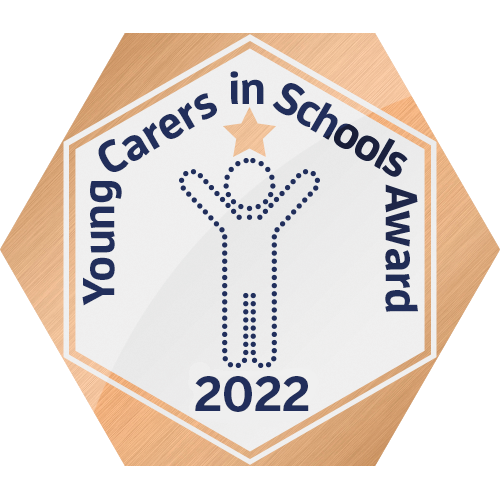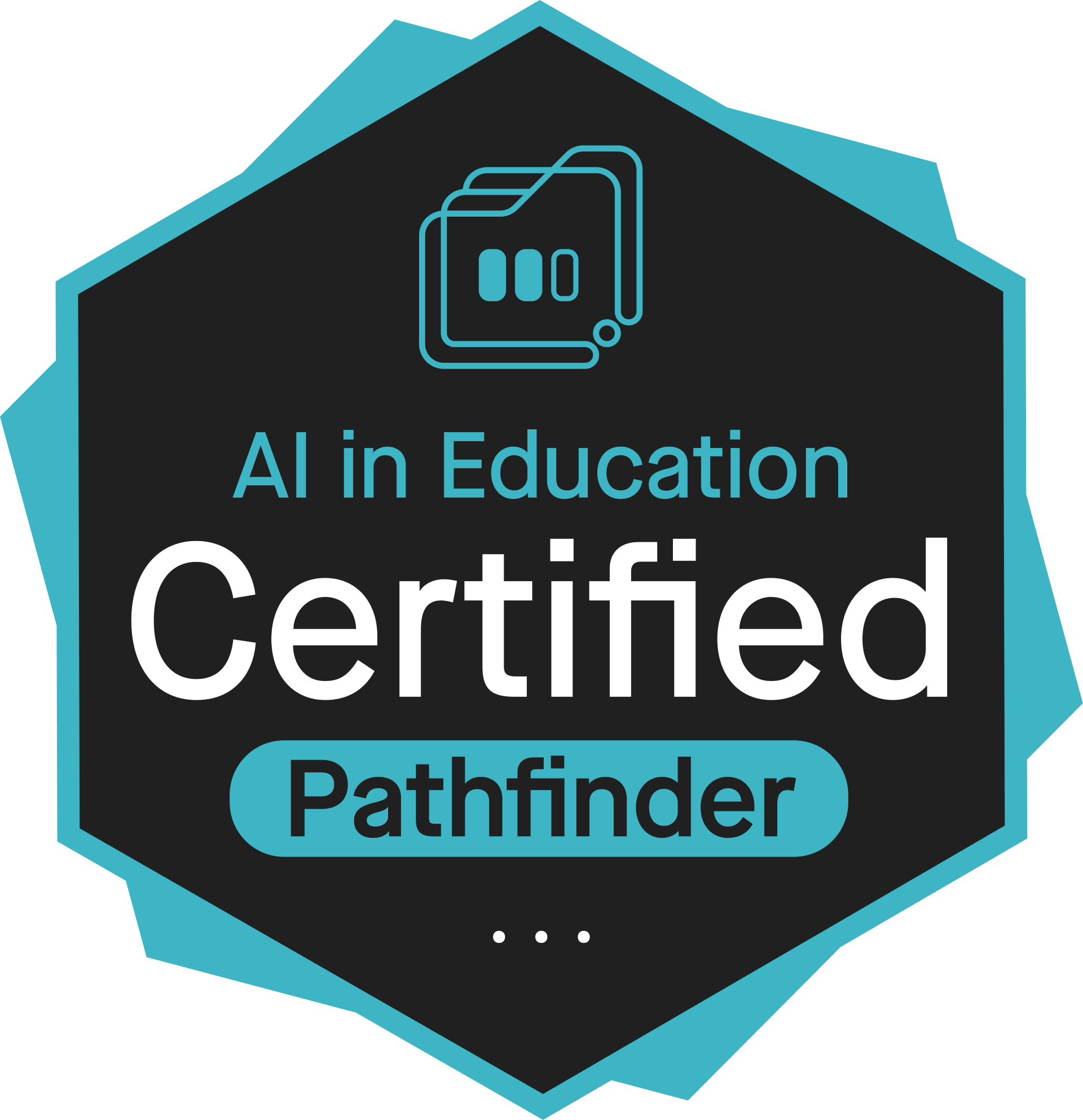Teaching & Learning Framework
Think, Enjoy, Achieve, Marvel
At the heart of Westlands Community Primary School is a shared love of learning and discovery. We want children and adults alike to be inspired, challenged and excited as they gain a deeper understanding of the world around them and find answers to their questions. We want all our children to leave Westlands as resourceful, responsible, resilient young people taking with them many marvellous memories and a desire to follow their dreams.
Be kind, Be safe, Be responsible
Our teaching and learning framework consists of the following four areas:
- Curriculum
- Engagement
- Adaptive teaching
- Formative assessment
Curriculum
Our curriculum ensures coverage of the National Curriculum with careful thought given to the delivery of the knowledge and the skills that we want our children to acquire in order to best prepare them for the next phase of their education and for life in the modern world. Reading and Social, Moral, Spiritual, Cultural development lie at the heart of the curriculum.
The school has been accredited as a Voice 21 Centre of Excellence developing children's oracy and ensuring that spoken language is a taught part of the curriculum for every child.
“We are doing our pupils a disservice if we do not provide them with opportunities to articulate their ideas. Many children come from backgrounds that are language-poor. If we accept partial answers, or don’t ask them to speak out loud in full sentences that use subject-specific vocabulary, then we deny them the chance to engage deeply with the material.” - Mary Myatt, 2020.
Each term, the curriculum takes on a broad whole school theme: Autumn Term: Cause and Consequence; Spring Term: Rights and Responsibility; Summer Term: Change and Continuity. This is then broken down into individual themes for each year group with each theme interconnecting across the year and on in to the next year to ensure natural links back to previous learning, effecting strong progression and resulting in a cohesive Westlands curriculum. Each theme is the glue that binds the discrete subjects to ensure that there is a richness and purpose to our learning. However, we do expect children to have a clear understanding of each subject, its purpose and the associated key concepts and skills.
“Concepts act like holding baskets for a lot of information and detail. When children understand concepts, this makes new knowledge ‘stickier’. If pupils have access to, understand and are able to use the conceptual, technical vocabulary expertly and confidently, they are entering the territory of long-term memory. So, when we are planning, we have to identify the key concepts we want pupils to learn. When we identify these and do work around their original meanings, we take pupils into a deeper understanding of the subject.” - Mary Myatt, 2020.
Each term we begin with a key question linked to the theme where children have the opportunity to formulate ideas and questions of their own. We continually evaluate and improve the learning sequences to ensure that the curriculum reflects what is happening in the world around us – for example, the Year 4 Summer Term where the theme is ‘statues’ now includes a lesson where children debate whether statues should only be there for the purpose of veneration? In Year 5, children study the text ‘The Boy at the Back of the Class’ and explore what it means to be displaced and the reasons people become refugees. These are the big ideas that we want children to engage with.
Each carefully planned sequence of learning fits into the wider curriculum to ensure that there is progression within every subject across the school. Through well-planned links from one term to the next, there are opportunities to revisit and extend prior learning ensuring that concepts are developed. As part of this, we are determined that children should not be rushed through learning sequences by trying to cover too much all at once and so each half term there are sequences of learning in the core subjects of English, Maths and Science as well as PE. However, across the year children will receive six week learning sequences every half term in either Computing or Music; Personal, Social, Health Education or RE; History or Geography; Art or Design Technology. (Please note that in some terms, there may be a whole term of History or Geography and in Art or Design Technology but this will be then be compensated for during the other two terms within the year.) Reading, Writing, Maths and Computing feature across the wider curriculum in order to enhance learning and utilise these skills in a variety of contexts.
At the heart of everything we do are our core values and beliefs: Think, Enjoy, Achieve, Marvel and Be Kind; Be Safe; Be Responsible. These support values of tolerance, equality and care of community. Children have opportunities to explore and learn about their community and the wider global community and develop a sense of responsibility for the part they play in society. We are proud of the diversity in our Westlands community and our curriculum reflects this with a strong thread on ‘how immigration and emigration have shaped our world’ so every child gains a sense of pride and belonging linked to their own heritage. At the same time, we promote British values and celebrate our wonderful country from learning about British traditions and special occasions to taking part in community events.
Our ‘Spread the Happiness’ initiative is integral to the promotion of well-being for every member of the Westlands community and we believe that children learn best when they are happy. We also use the acronym MAGIC to drive our well-being and mental health programme for children and staff to be Mindful, Active, Generous, Interested and Connected; this links to the curriculum content and is a focus of assemblies.
Engagement
Engagement is the level to which children focus, maintain a positive attitude and are enthusiastic about their learning. We teach children about how to develop perseverance, to co-operate and focus and to be curious and take risks as learners. We aim to nurture in our children, the attitudes for them to become discerning young adults who are aware of the need to select and query information, challenge stereotypes and debate and question to find solutions to the difficult issues that face us in modern times. In doing so, we also want them to be self-aware, confident, resilient young people who recognise that striving for self-fulfilment guides us and gives consistency to our lives.
Our curriculum is broad, rich and exciting and includes visits and visitors both locally and to places further afield as we try to ensure children are excited and inspired by memorable experiences that alongside their classroom experience, will fuel their dreams and ambitions. Each term, we begin with a ‘curriculum launch day’ and a ‘big question’ to get everyone really excited about the learning. We also share the learning objective for each learning sequence and talk about the intended audience to give learning real purpose. The sequence is then broken down to lessons and in every lesson there is a learning focus that builds towards the sequence objective. We want children to be exposed to high quality materials that expand their horizons and teachers design tasks that enable children to be creative, to use the new knowledge they acquire and to hone their skills.
We expect all teachers to maintain an effective ‘pace to learning’. This means they consider how engaged the children are in the lesson and whether we need to reshape the lesson to provide a greater level of challenge or to slow down and break up the learning into smaller chunks that the children can access.
At the heart of our teaching is a commitment to the job we do and an understanding of the importance of good role models and positive professional relationships. Teachers work hard to develop good relationships with the children; this includes: rewarding and praising positive attitudes to learning and having high expectations for all learners regardless of their starting points.
Adaptive Teaching
Each sequence of learning planned on a weekly basis ensures that we ‘teach to the top’, in other words, we expect all children to access the same learning. We then ‘scaffold down’ to enable children who are at first struggling with a concept to make good progress by ‘unpacking the learning’ for them and we ask questions that further the thinking of our most able children. Where there are gaps in learning, teachers may reteach material or they will plan for identified children to be part of a pre-teach or post-teach intervention to further support them in their learning.
In every lesson, teachers plan the key questions linked to the learning focus. They use sentence stems to scaffold children in developing articulate answers and to help them organise their thoughts and ideas. Teachers provide models for children to use and explain concepts using concrete resources often using a ‘visualiser’ linked to the interactive whiteboard so that the whole class can see. Sometimes teachers give analogies and examples or draw pictures that provide a visual cue or there might be peer or adult supporting to help unpack the learning.
Formative Assessment
Formative assessment begins with the children knowing the intended outcome and the audience for each learning sequence.
Within every lesson, there are ‘check points’ when teachers assess learning. They may ask the children to use a mini-whiteboard to show their understanding or they may ask a question or check the child’s work in their books.
There are opportunities for children to self-assess and peer-assess their learning and teachers provide verbal feedback throughout lessons. This constant feedback from children and to children, and questioning enables teachers to pinpoint misconceptions and address these within the lesson; they also plan for consolidation sessions for those children who are still not secure in their understanding and for pre-teach sessions (teaching ahead of a lesson to scaffold identified children). Formative assessment also allows teachers to provide a further question or line of enquiry for a child who needs further challenge within the lesson or learning sequence.
Teachers evaluate lessons and make any adaptations or tweaks to the learning sequence so that children make the maximum amount of progress.
During Planning, Preparation and Assessment meetings, held every week, teachers have the opportunity to discuss their assessments from the previous week in their year group teams and they then plan the next lessons accordingly. Each year group is led by an experienced teacher who is the year group leader and is able to support and guide less experienced teachers to ensure that all children receive the same good quality of education.
We are what we repeatedly do.
Excellence, then, is not an act,
But a habit. - Aristotle.








